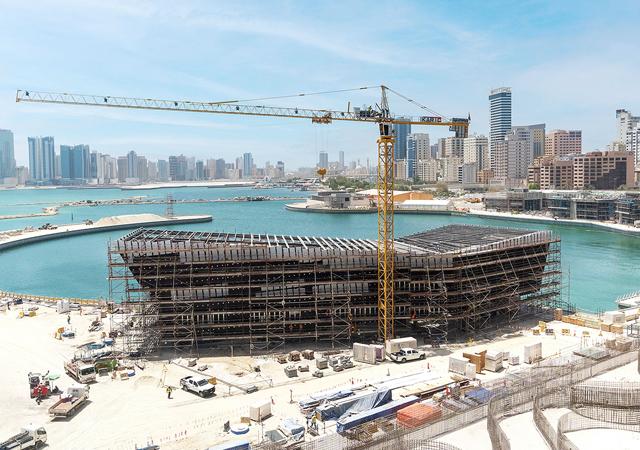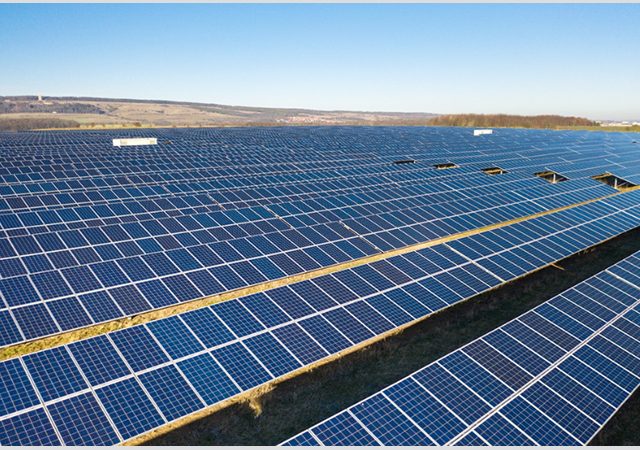
 CSJs versus conventional beams ... ‘more practical and efficient’.
CSJs versus conventional beams ... ‘more practical and efficient’.
CANAM Asia, a joint venture between Zamil Steel and the Canadian Canam Group, has been increasingly using composite steel joists (CSJs) in many of its projects in the region, thus providing owners and occupants with benefits such as speedier and more efficient construction and larger column-free spaces.
Renowned for its steel flooring and roofing systems, Dammam-based Canam Asia is a licensed manufacturer of composite and non-composite open web joists (OWJs), composite Hambro joists and composite and non-composite decking panels.
“Composite steel floor joist systems provide an economical technique for supporting floor loads,” says Dr Wafik Ajam, technical and marketing manager. “Ease in routing HVAC (heating, ventilation and air-conditioning) ducts, plumbing, and electrical lines through the open web system of the joists allow reductions in the overall floor-to-floor height.”
In addition, composite joists allow longer, economical spans. “Building tenants highly value the increased flexibility that they have when laying out floor plans, unhindered by closely spaced columns,” he says.
 |
Composite joists have been extensively studied over the last 30 years with models developed that allow the designer to accurately predict the load-bearing capacity and serviceability to meet design requirements. The joists were endorsed by the Steel Joist Institute (SJI), which in May 2007 published the first edition of ‘Standard Specifications for Composite Steel Joists (CSJ)’ that has been well-received received by all architects, engineers and contractors, says Dr Ajam.
“The use of composite joists will potentially continue to increase following the development of standard specifications for their design,” he continues. “As is the case with any framing member, repetition of the same composite joist size improves overall economy. Clearly communicating all design information, including loading and serviceability requirements in the design documents will allow the joist supplier to provide the most optimal design and offer a number of advantages.”
Some of the advantages of CSJs are:
• They are lighter than the full-web conventional hot-rolled beams of the same depth;
• They are more practical and efficient than conventional beams as they facilitate the installation of ventilation ducts and plumbing through the joist’s open-web system;
• They provide longer spans leading to a reduced number of columns inside a building (most preferred advantage);
• Live-load deflections are significantly reduced due to the composite action with the concrete slab;
• This composite action leads to a wider joist spacing, which reduces the number of joists to be erected; and
• The efficiency and simplicity of erecting the CSJ system reduces the construction time.
Canam Asia has manufacturing facilities in Dammam and Ras Al Khaimah (UAE), which started production in November 2002 and January 2007 respectively.
The company is now looking at opening new sales offices in the other Gulf countries, boosting its existing network in Saudi Arabia (that currently includes offices in Dammam, Riyadh and Jeddah), Qatar, Dubai and Abu Dhabi.
Among its recent assignments in Saudi Arabia are the Thuraya School and an aircraft hangar in Jeddah; an aircraft hangar, a National Guard project, Imam Mohammed ibn Saud University, Princess Nora University, CITC Tower and ITCC Tower, all in Riyadh; and Dareen Mall in Dammam.
The company has also been involved in many interesting projects such as the Sumitomo project in Rabigh, Saudi Arabia, Doha International Airport in Qatar and Dubai International Airport in the UAE, and various malls, universities and towers.


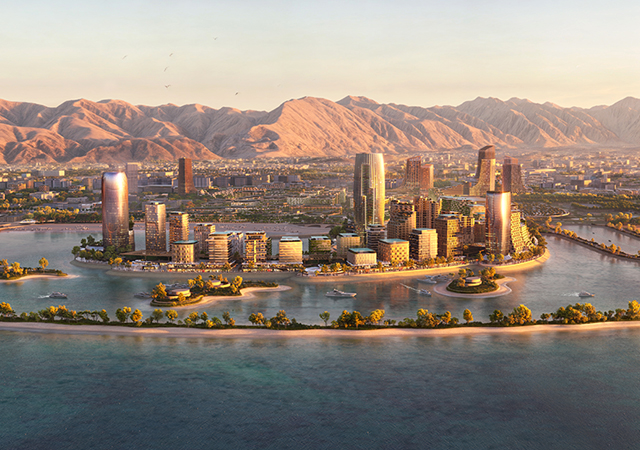










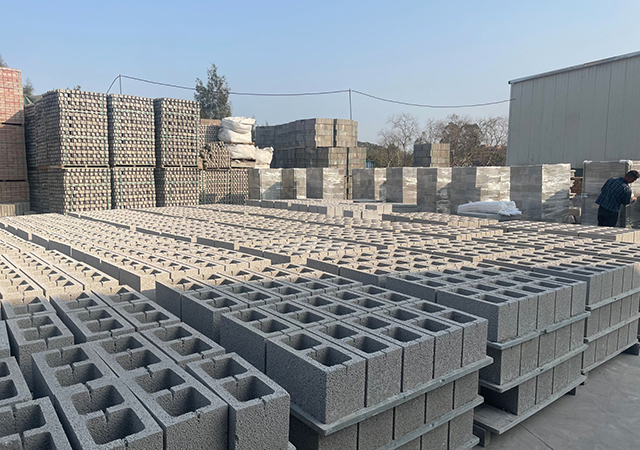


.jpg)
.jpg)

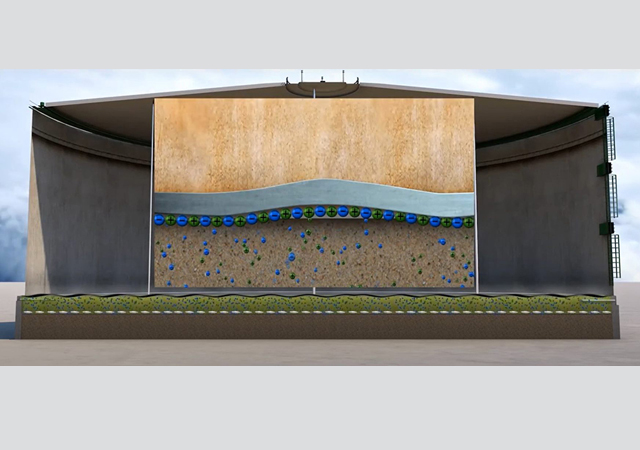
.jpg)
.jpg)
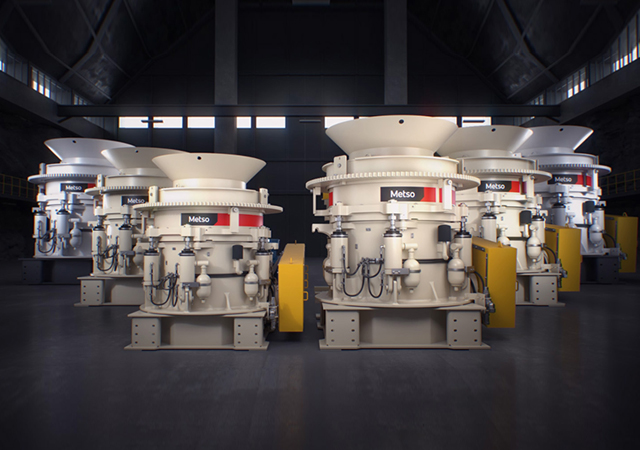
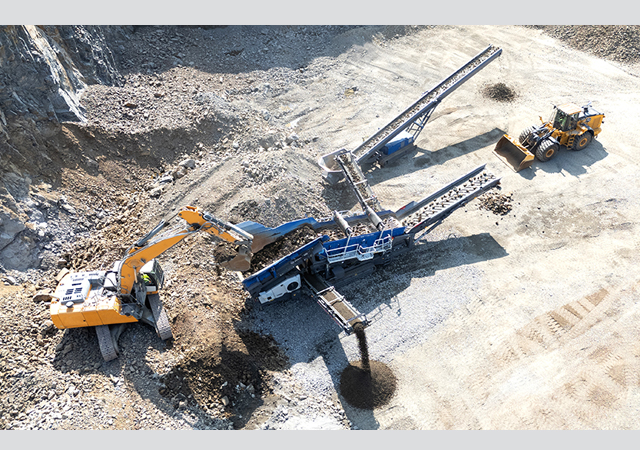
.jpg)
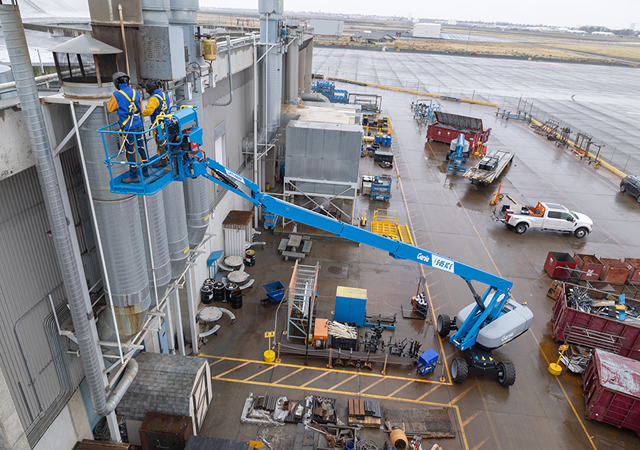
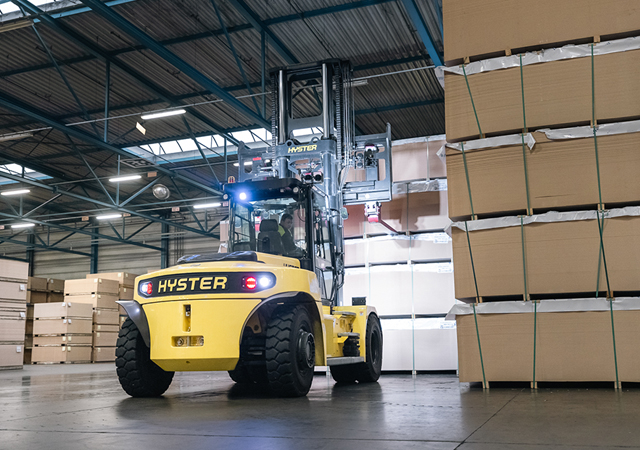

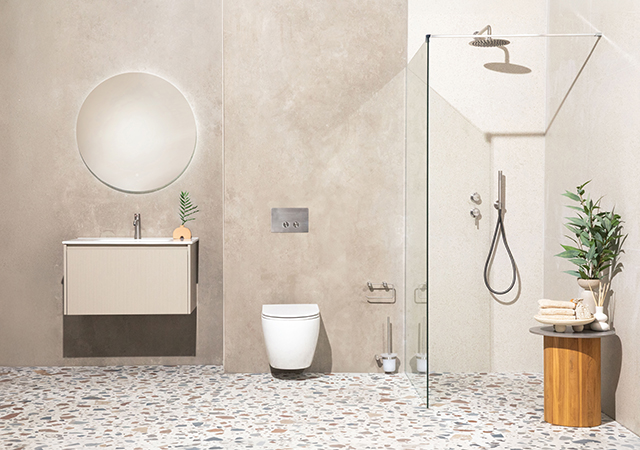
 Doka.jpg)



